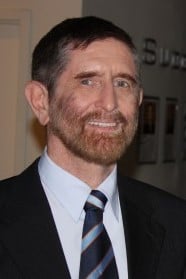Steve Birr Vice Reporter
4:45 PM 05/31/2018

Federal agents conducting drug investigations in Arizona recently seized nearly 1,000 pounds of narcotics and more than 9,000 fentanyl pills.
Officials with the Department of Interior’s Opioid Reduction Task Force conducted interdiction operations between May 15 and May 26 in Arizona. The investigations, which focused on drug trafficking on the Tohono O’odham and Gila River Indian reservations, resulted in 86 arrests, according to U.S. News and World Report.
Agents seized 9,050 counterfeit pills containing fentanyl, 48 pounds of methamphetamine, 1.2 pounds of heroin, 863 pounds of marijuana, a half pound of cocaine and roughly $30,000 in cash. The fentanyl pills, combined with the roughly 913.5 pounds of narcotics, carried an estimated street value of nearly $5 million.
“It’s heartbreaking to see the scale of the problem; and rather than further stigmatizing victims, we are cracking down on the dealers who are selling out our children, selling out our communities, and selling out our nation,” Secretary of the Interior Ryan Zinke said in a statement Thursday. “These brave men and women are keeping the opioid dealers up at night, and with good reason; if you are trafficking these drugs, we will find you, arrest you, and bring you to justice.”
Large quantities of narcotics, particularly synthetic opioids like fentanyl, continue to infiltrate the U.S. due to the relentless efforts of traffickers. However, the Department of Justice, under Attorney General Jeff Sessions, is gaining ground against drug movers taking advantage of America’s opioid scourge.
Fentanyl seizures by Border Patrol agents with U.S. Customs and Border Protection increased by 72 percent in 2017, a recent report from Democratic Missouri Sen. Claire McCaskill shows. The number of overall opioid seizures nearly doubled from 579 pounds in 2013 to 1,135 pounds in 2017 — a reflection of the deteriorating addiction crisis in the U.S.
Fentanyl overtook heroin as the U.S.’s deadliest substance in 2016, claiming 19,413 lives, according to the Centers for Disease Control and Prevention.
Drug overdoses are the leading cause of accidental death for Americans under age 50, killing more than 64,000 people in 2016.
Thank You Mr Birr and the DC.












